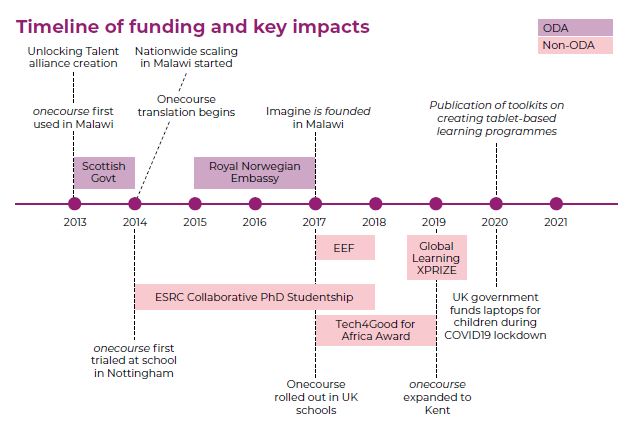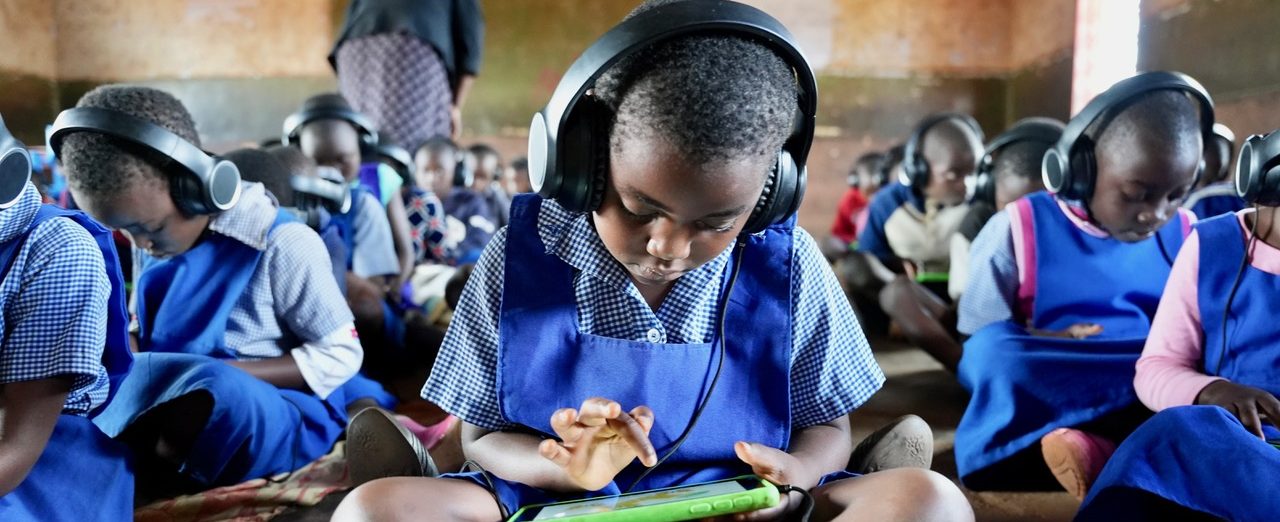How educational app onecourse boosted literacy and numeracy and guided decision-making in Africa and the UK
| Leading University | University of Nottingham |
| Location of impact | Ethiopia, Kenya, Malawi, Uganda, South Africa, and UK |
| Thematic focus | Psychology |
| Funders | In the UK: Economic and Social Research Council (ESRC), Education Endowment Foundation (EEF), Scottish Government, Voluntary Service Overseas (VSO) International In Norway: Royal Norwegian Embassy |
| Partners | In Malawi: Imagine Malawi, VSO. In the UK: Burton Joyce Primary School, onebillion. In the USA: Imagine Worldwide |
Case study summary
Between 2014 and 2021, 225,000 disadvantaged children in Malawi received writing, reading, and maths support from onecourse, a tablet app. Onecourse was developed by the Unlocking Talent alliance which involved researchers from the University of Nottingham and non-governmental organisations (NGOs) International Service Overseas and onebillion. From its pilot stage, onecourse has become a nationwide program supported by the Malawian Ministry of Education and local NGO, Imagine Worldwide. The app has since been rolled out worldwide, where it has helped over 502,000 children make gains in literacy and numeracy, mainly across Africa. The accessible and adaptable software has also been rolled out across 126 schools in the UK, where it has improved educational attainment for 1,100+ students, strengthened teachers’ skills, and informed policy decisions during COVID-19. Beyond the classroom, onecourse has influenced international funders and reinforced the capacity of the British non-profit VSO international.
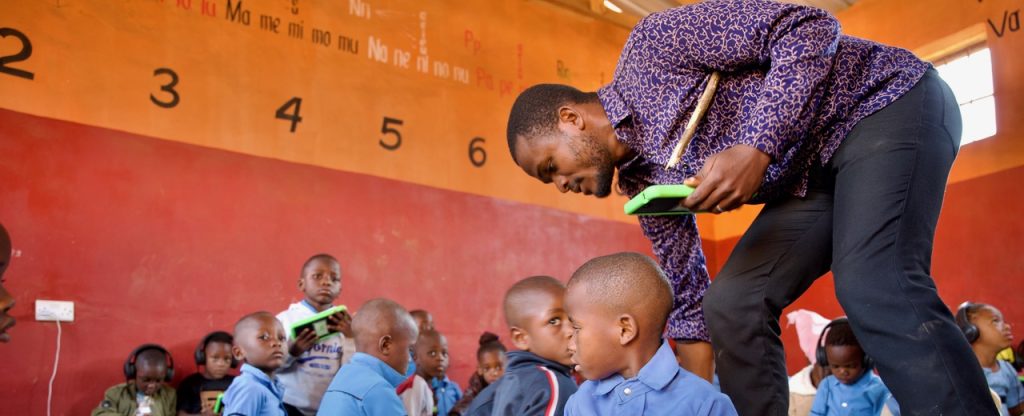
Primary benefits in Malawi and other LMICs
Boosting learning outcomes
Onecourse helped Malawian students improve their skills in literacy (spelling, reading, comprehension) by 50% and math (identification of numbers and patterns) by 40% within 8 months. This attracted new education investments from the UK’s FCDO, the Norwegian Embassy, German development bank KfW, Comic Relief, and UNICEF. By 2017, the NGO Imagine Worldwide set up a regional office in Malawi to implement development programmes, including onecourse.
Enhancing teachers’ skills
Implementation of onecourse improved the abilities of 8,844 Malawian teachers, primary education advisors and training college lecturers in using digital tools for teaching. It also helped them handle challenging classrooms with many students per teacher.
Multilingual expansion in Africa and beyond
The app’s translation into English, French, Portuguese and Swahili facilitated its expansion to schools across Africa, to the benefit of over 270,000 children, mainly in Kenya and South Africa. The translation included cultural adaptations to ensure children accessed words and images relevant to them. Onebillion’s local partners in Brazil, Cambodia, India, and Jamaica have also implemented the app with small groups of students.
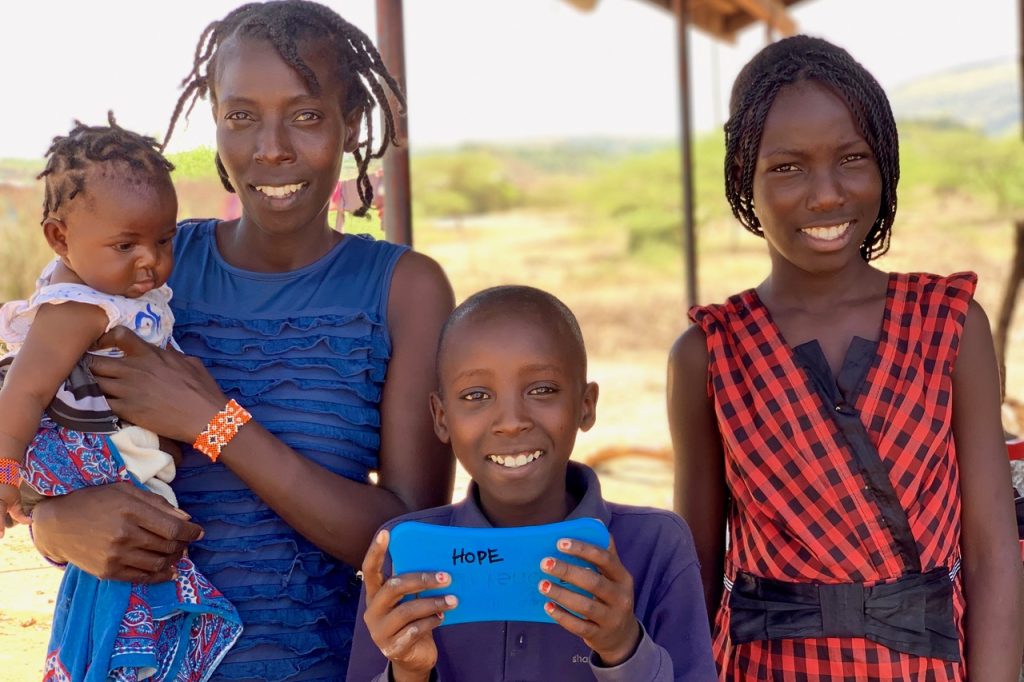
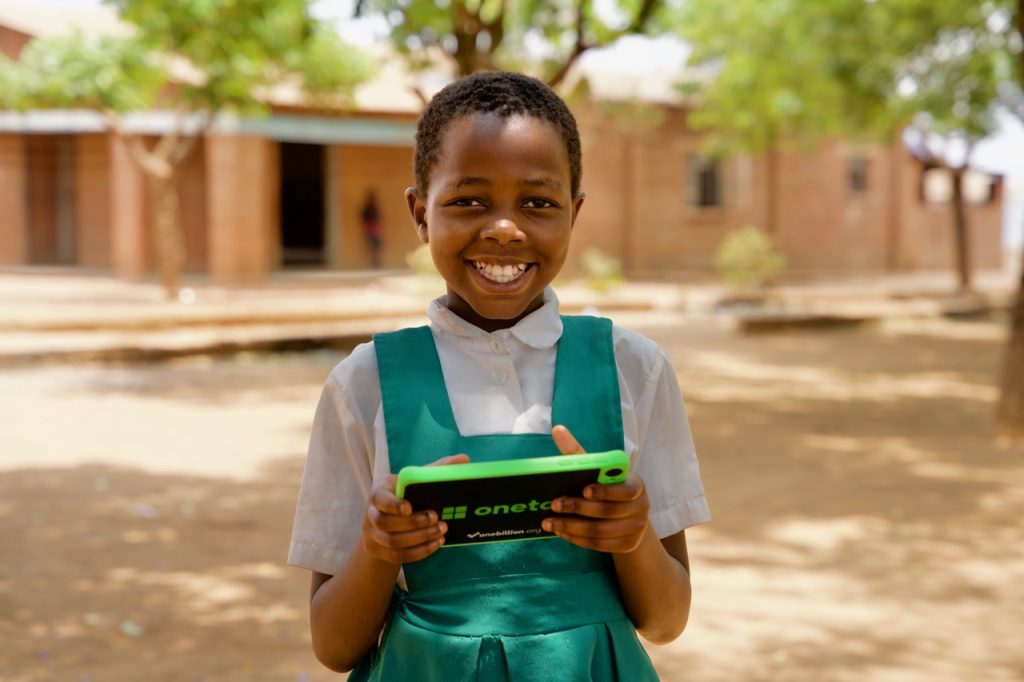
Secondary benefits for the UK and globally
Developing students’ and teachers’ skills
Within 3 years,onecourse was implemented in 126 UK schools, where it has improved numeracy and literacy skills for 1100+ disadvantaged early years and Year 1 students. It has also strengthened capacities of teachers and teaching assistants via bespoke online training materials on educational technology.
Programme expansion in Kent
In 2019, following independent research that established the efficacy of onecourse compared to standard educational practice, the programme expanded to all publicly funded schools in the county of Kent.
Job creation
British non-profit VSO created 30 new positions and recruited 50 education specialist volunteers to facilitate programme scale-up.
Open access findings and tools to support EdTech initiatives
The research provided evidence that helped VSO, Imagine Worldwide and the University of Nottingham to co-create free and open access toolkits which guide international policymakers and NGO practitioners in the process of designing, implementing, and monitoring tablet-based learning programmes.
How secondary benefits unfolded
- The first trial of the tablet technology in a UK school in Nottingham emerged from a conversation between the lead researcher working in Malawi and a (then) undergraduate who had volunteered in a local UK primary school.
- Evaluation analyses co-developed by the University of Nottingham and Imagine Worldwide, along with an independent review on the results of onecourse, supported evidence-based decisions to scale up the UK rollout. They also helped build an appropriate online learning environment for young children during COVID-19.
- The rapid scaling of the project to 126 UK schools in 2017 was made possible by pre-existing networks and longstanding relationships, including a network of Apple regional training centre schools and a multi-academy school trust.
